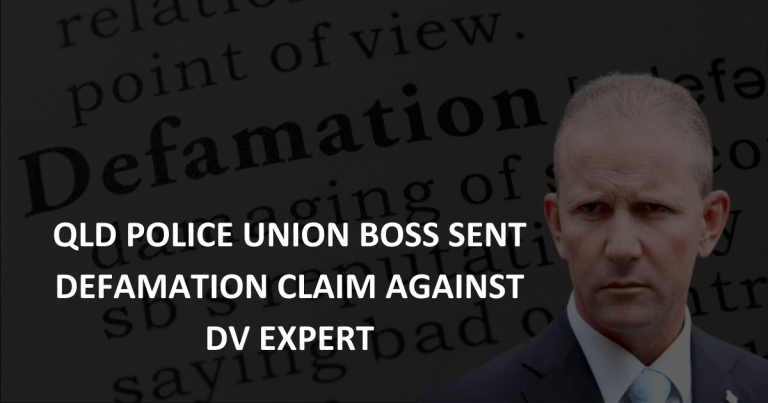I’ve said this too many times: when the criminal justice system is forced to kow-tow to the rants of the media, bad decisions ensue.
Victim’s mother goes to media about killer’s security classification downgrade
 In July of this year, the mother of a deceased victim learned that her daughter’s killer had a downgrade from a high security classification to a medium classification. This reclassification meant that the offender, serving a sentence of life imprisonment, could now apply for work and rehabilitation courses in prison.
In July of this year, the mother of a deceased victim learned that her daughter’s killer had a downgrade from a high security classification to a medium classification. This reclassification meant that the offender, serving a sentence of life imprisonment, could now apply for work and rehabilitation courses in prison.
The mother contacted the reputable news programme A Current Affair, who provided a fair and balanced report on the offender’s “insulting new privileges”. Following this report, the mother started a change.org petition, and the respectable Ray Hadley also expressed his measured opinion.
Corrective Services Minister reacts to media pressure
As a result of this heart-felt media outpouring, Corrective Services Minister David Elliott intervened and returned the offender to a maximum security classification. At the same time, he reclassified 11 other life-sentence prisoners to maximum security. Notably, Elliott announced his intervention via an exclusive statement to Hadley.
Apart from the fact that we have now a minister who genuflects to tabloid media, there are several immediate problems with treating life-sentence prisoners (‘lifers’) in this way.
First there are the practical problems. Holding prisoners in higher security accommodation is, of course, more expensive. As John Paget, Inspector of Custodial Services, stated in a press release, “Inmates housed in accommodation rated higher than their security needs is a waste of public funds.”
Justice Action argued that “Removing the possibility of reclassification and hope creates an extremely dangerous environment for staff and other prisoners. It removes any incentive for lifers to behave well and refrain from harming themselves or others.”
Punishing the guilty is the responsibility of the Courts
If the practical problems aren’t enough, there are also jurisprudential reasons against the blanket imposition of high security classifications on lifers. Holding lifers in stricter conditions than is necessary effectively amounts to administrative punishment.
According the separation of powers in Australia, only the judiciary is allowed to punish individuals for crimes (see Chu Kheng Lim v Minister for Immigration (1992) 176 CLR 1). Punishment by the executive branch in the form of unnecessarily high security classifications is potentially a breach of the fundamental separation of powers.
Retribution rather than rehabilitation
And finally, on top of the practical and jurisprudential issues, the ethics of the Minister’s heavy-handed intervention are just plain wrong. The reclassification is retribution for retribution’s sake. It denies lifers the ability to develop and change. Justice Action argues that the high security reclassification turns lifers into the “living dead”. Paget describes the media hounding as “a blood sport”.
The fact remains that decisions with immense effects on the lives of individuals require a cool head. The bombastic media outcry around the security classifications of lifers only serves to derail justice.
The security classification and management of inmates sentenced to life imprisonment is currently subject to a parliamentary inquiry. Submissions to the inquiry closed last Sunday. The public hearings for this inquiry will be held on the 23rd and 27th of November, 2015.





